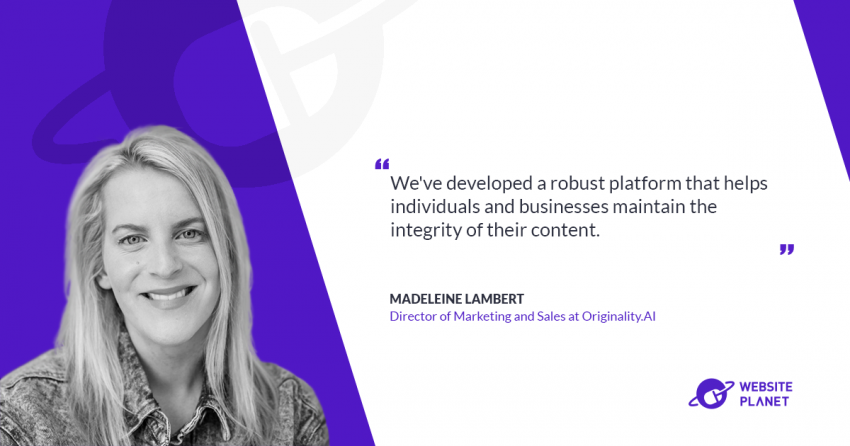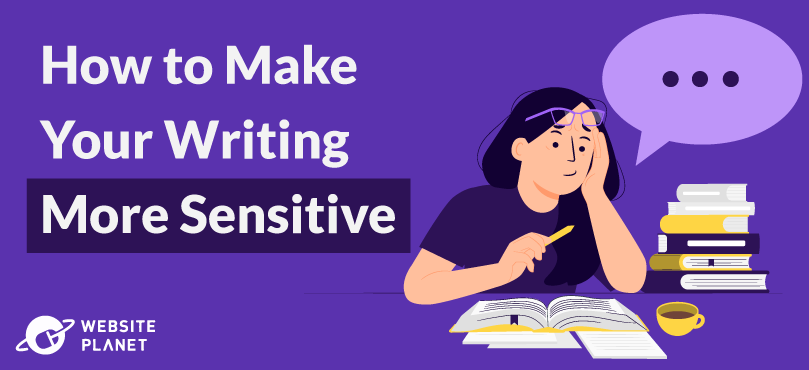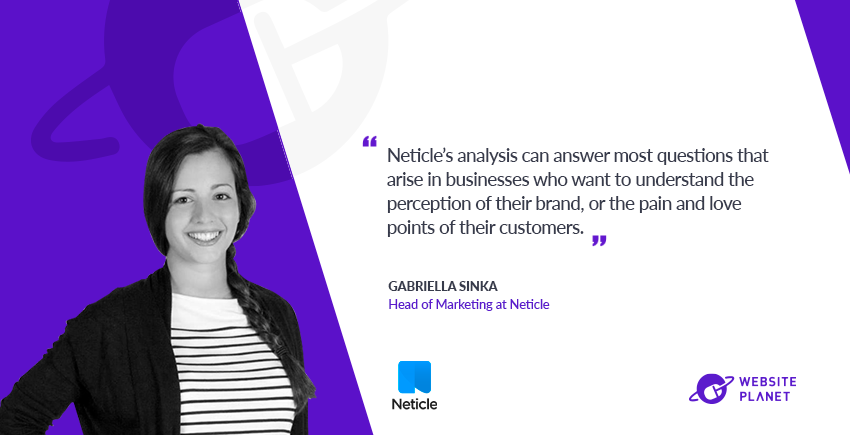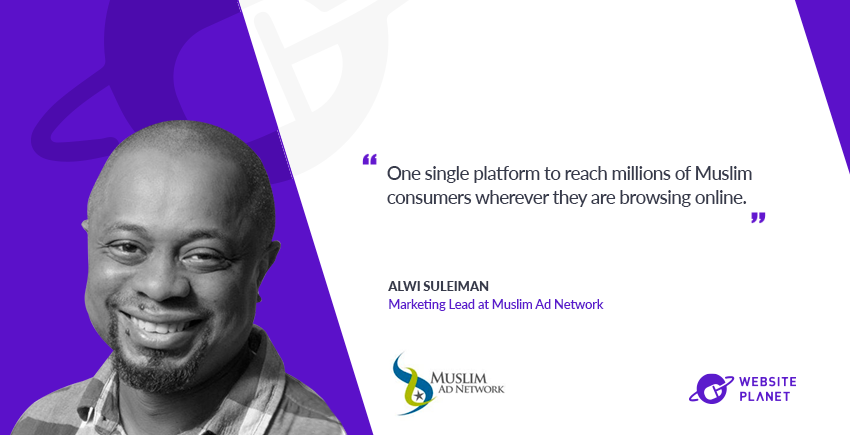Inside this Article
Research Hypotheses
We decided to run two tests. The first test centered on the actual Google ads. We wanted to see how many clicks each ad would receive and measure the click-through rate (CTR) as well as the impact on cost (if any) when typos are made. Here are the three ads we tested. The first is the “clean” ad, with no grammatical errors. The next includes what we considered to be a “moderate” typo, while the last is more “extreme.” The Clean Ad Wrong Tense (Moderate Typo)
Wrong Tense (Moderate Typo)
 Misspelled Word (Extreme Typo)
Misspelled Word (Extreme Typo)
 The second test was designed to take a closer look at user behavior on the actual landing page. Are people more likely to bounce from a landing page that has many errors? Or do they just not care?
Here’s a screenshot of the good page:
The second test was designed to take a closer look at user behavior on the actual landing page. Are people more likely to bounce from a landing page that has many errors? Or do they just not care?
Here’s a screenshot of the good page:
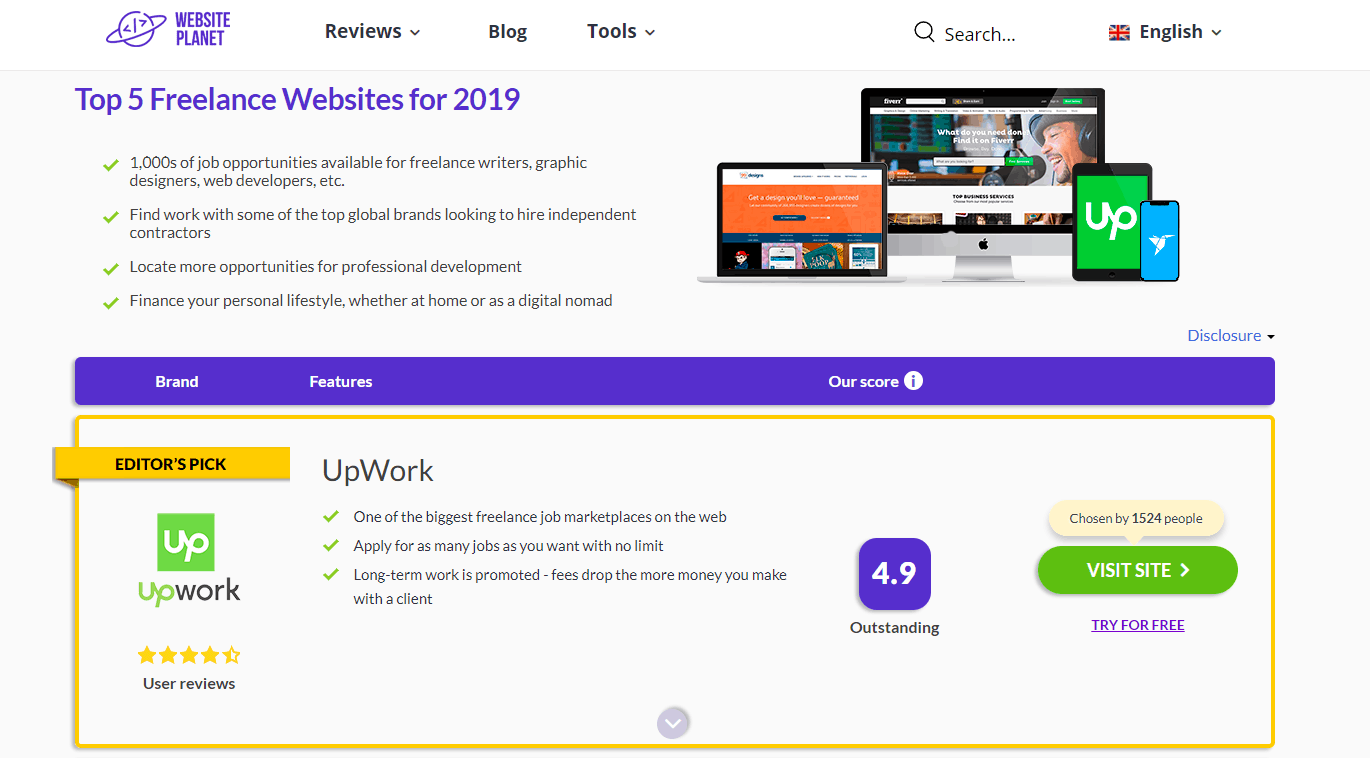 Here’s a screenshot of the bad one. How many typos can you spot? (**Click the image to enlarge)
Here’s a screenshot of the bad one. How many typos can you spot? (**Click the image to enlarge)
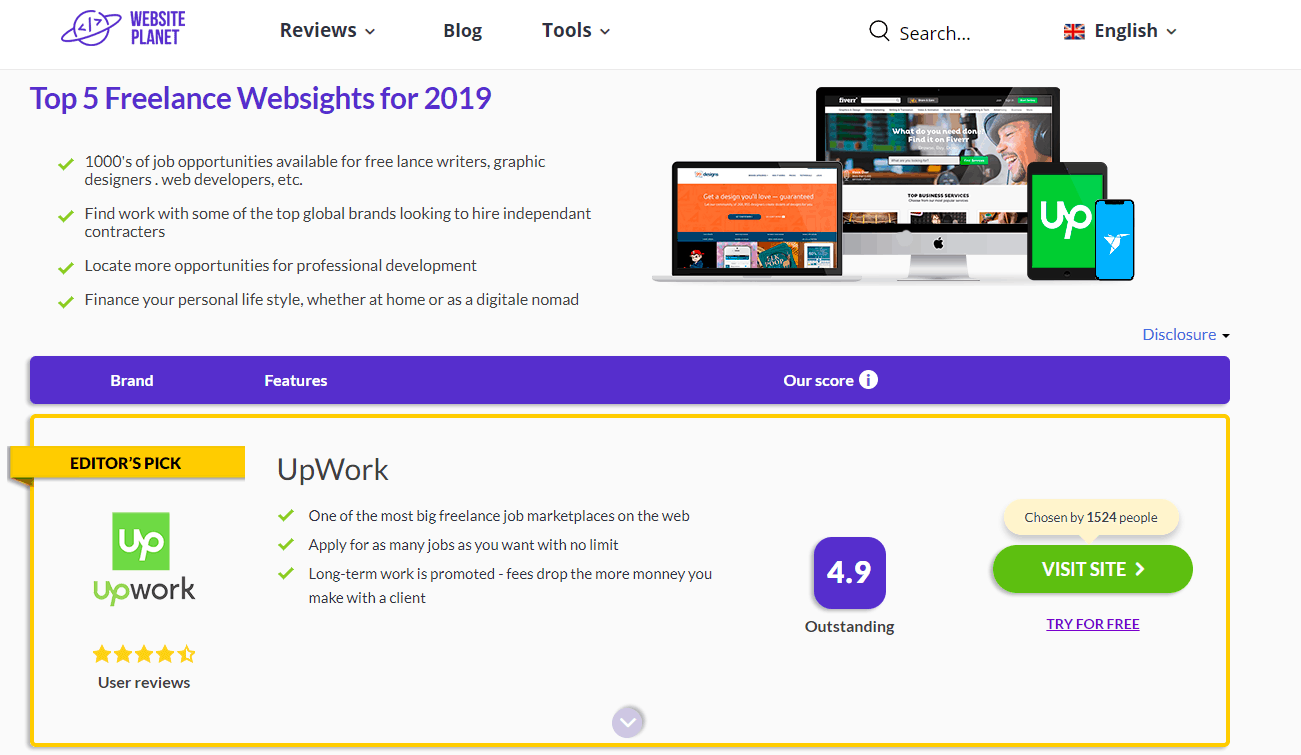 So here are our hypotheses:
So here are our hypotheses:- Hypothesis #1: Users would notice a mistake in the ad and not trust it. Therefore, the click-through rate would be lower than usual.
- Hypothesis #2: Users would see typos in the landing page, not trust the page, and leave, resulting in a higher bounce rate.
The Results & Changes to the Site
Result #1: Typo Ads Resulted in a Decrease of up to 70% in Clicks Compared to Correct Ad
For our first test, we opted to categorize the ads by geographic locations: The US, the UK, India, and RoW (Rest of World – only non-English speaking countries). We did a random A/B/C test in each location to determine not only if ads with typos were ignored, but also if individuals from native-English speaking countries cared more about typos than non-native English speaking countries. Not only did users notice the typos in the ads and, therefore, click on them less, but Google’s algorithm also picked up on the reduced CTR and required us to pay more per click. Interestingly enough, we noticed a huge difference across the different geographic groups. In India, a non-native English speaking country, the ad with the grammar mistake (Compared) surprisingly came in first, while in the US and the UK, the ad with no typos did the best. However, there was a bit of a gap – people in the UK care more about grammar than they do spelling. The ad with the grammatical mistake (Compared) did much worse than the one with the spelling error (Comper). In the US it was the other way around. We also ran a global campaign for non-native-English-speaking visitors (searching in English). It is fascinating to note that there was close to zero effect on the performance of the ads. While this makes sense (as they aren’t proficient in the language, they might not even notice the mistakes), it is definitely worth mentioning. As previously mentioned, when your ads contain typos, not only do you lose a lot of potential visitors, but you will spend a whole lot more money on the ones you do manage to bring to your landing page.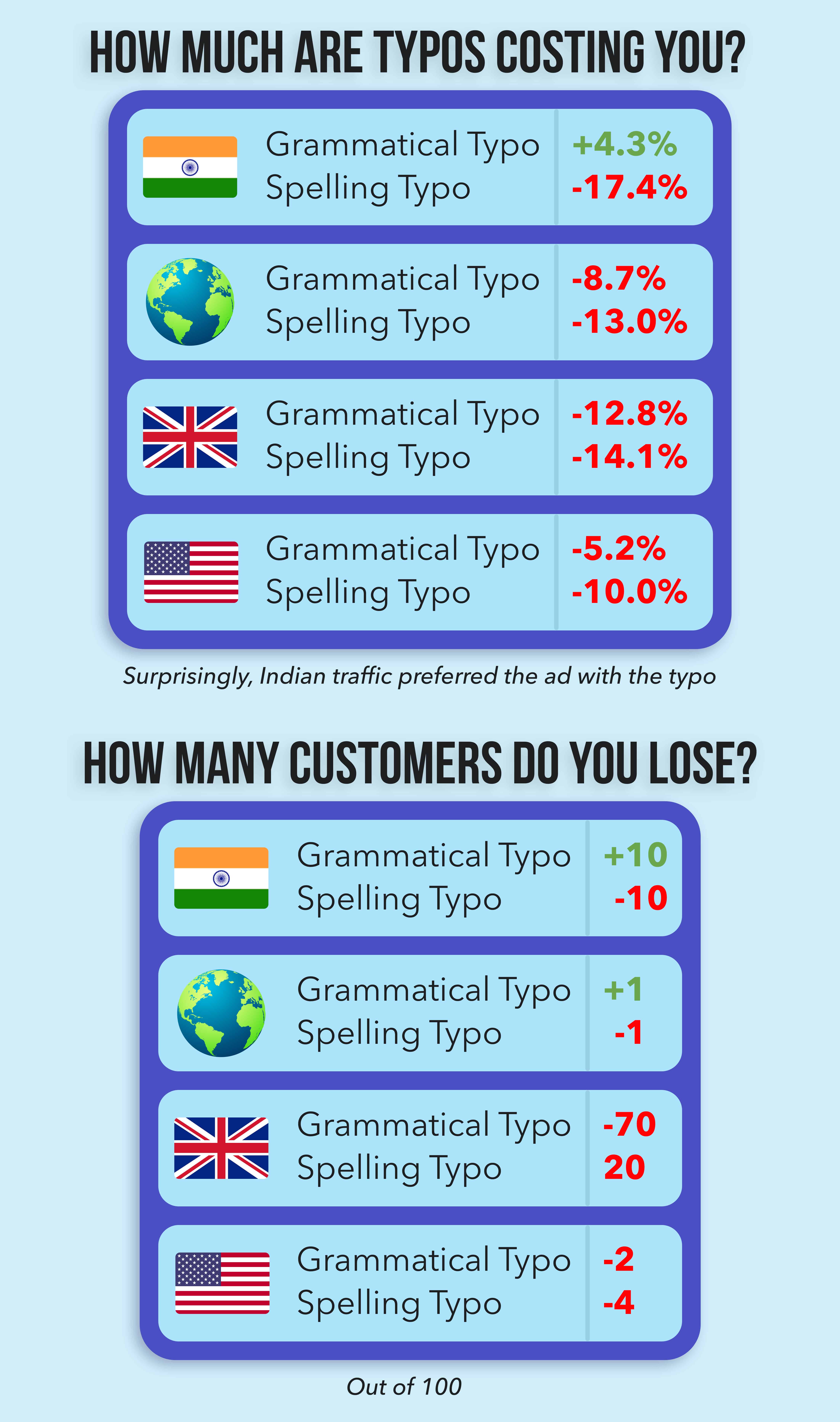 While in the US, you need to pay up to 10% more if you make a typo, the Brits will punish you even further with 20% more for typos and 72% for grammar in the extra cost per click. (*The ads in the UK were shown to more than 600 users, and getting clicks on ads with typos was close to impossible, hence the low number of clicks for these ads.)
We also spotted a trend whereby the position of the ads with typos dropped down in SERPs. For example, in the UK, the average rank for the clean ad was 1.1, but the typo ads were 1.2.
Our PPC team explained it to us – since ads with typos received fewer clicks, Google lowered their position. And over time, with the drop in position, we would lose even more clicks and pay even more money.
(A difference of 0.1 might not sound too dramatic right now, but keep in mind that we only ran this test for two weeks and we set the same target CPC. This was Google clearly punishing us. And had we continued to run the ads even longer, we guarantee there would have been a further drop in rankings.)
While in the US, you need to pay up to 10% more if you make a typo, the Brits will punish you even further with 20% more for typos and 72% for grammar in the extra cost per click. (*The ads in the UK were shown to more than 600 users, and getting clicks on ads with typos was close to impossible, hence the low number of clicks for these ads.)
We also spotted a trend whereby the position of the ads with typos dropped down in SERPs. For example, in the UK, the average rank for the clean ad was 1.1, but the typo ads were 1.2.
Our PPC team explained it to us – since ads with typos received fewer clicks, Google lowered their position. And over time, with the drop in position, we would lose even more clicks and pay even more money.
(A difference of 0.1 might not sound too dramatic right now, but keep in mind that we only ran this test for two weeks and we set the same target CPC. This was Google clearly punishing us. And had we continued to run the ads even longer, we guarantee there would have been a further drop in rankings.)
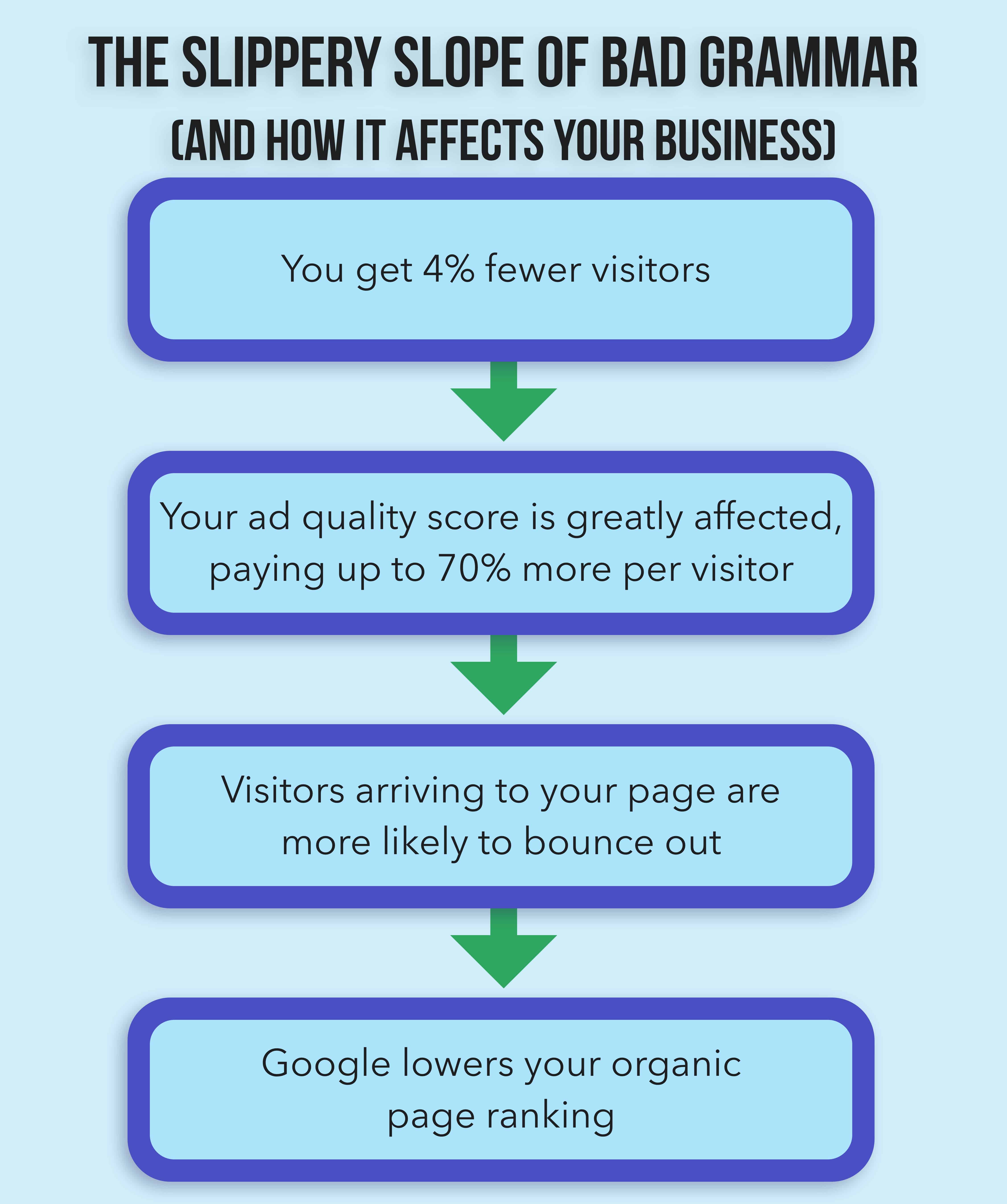 Something clearly evident is that Google’s algorithm noticed that “something was going on” – despite the fact that we defined all three ads to receive the same traffic, Google gave the correct ad as many as 2x more impressions in the US and 3x more impressions in the UK. (1258 vs 674 impressions in the US and 333 vs 136 impressions in the UK.)
The problem for advertisers is this: if you don’t have a grammatically correct ad, but only one with a typo, it won’t be your ad that shows up in Google, but rather your competitor’s typo-free ad.
Something clearly evident is that Google’s algorithm noticed that “something was going on” – despite the fact that we defined all three ads to receive the same traffic, Google gave the correct ad as many as 2x more impressions in the US and 3x more impressions in the UK. (1258 vs 674 impressions in the US and 333 vs 136 impressions in the UK.)
The problem for advertisers is this: if you don’t have a grammatically correct ad, but only one with a typo, it won’t be your ad that shows up in Google, but rather your competitor’s typo-free ad.
Result #2: Typos on the Landing Page Increased Bounce Rate by 85% and Reduced Time on Site by 8%
Moving onto our landing page experiment, we saw there was a more significant difference between the two pages than we expected. According to a popular Cambridge University study, the order of letters in a word does not matter – as long as the first and the last letters are in the right place, the word will still be readable. We made the assumption that, therefore, typos on our landing page would not be as dramatic as the ones in our ads.
To our surprise, and the content managers’ delight, we saw that the bounce rate for the landing page with the typos was 85% higher than the clean version. (The bounce rate is the percentage of visitors who leave your website after only looking at a single webpage.)
We should also note that time on site was reduced by 8% on the page with the typos.
According to a popular Cambridge University study, the order of letters in a word does not matter – as long as the first and the last letters are in the right place, the word will still be readable. We made the assumption that, therefore, typos on our landing page would not be as dramatic as the ones in our ads.
To our surprise, and the content managers’ delight, we saw that the bounce rate for the landing page with the typos was 85% higher than the clean version. (The bounce rate is the percentage of visitors who leave your website after only looking at a single webpage.)
We should also note that time on site was reduced by 8% on the page with the typos.

Research Summary
Our information led to two important outcomes:- Short-Term Outcome: We lose visitors who arrive at our website and leave due to bad spelling and grammar.
- Long-Term Outcome: One of the metrics Google uses to rank your site is bounce rate. If Google notices a high bounce rate, it signals that the site is not trustworthy and lowers it in SERPs.
How Did This Report Change Our Work & How Should It Change Yours?
- We combed through all our ads and landing pages and found quite a few typos that were hurting our campaigns. (And made the necessary corrections.)
- We increased our budget per writer by as much as 35%. This added cost is still much lower than the boost we get from having ads with zero typos, as content creation costs are not as high as advertising.
- We added a new policy of zero-tolerance for spelling and grammatical mistakes.






